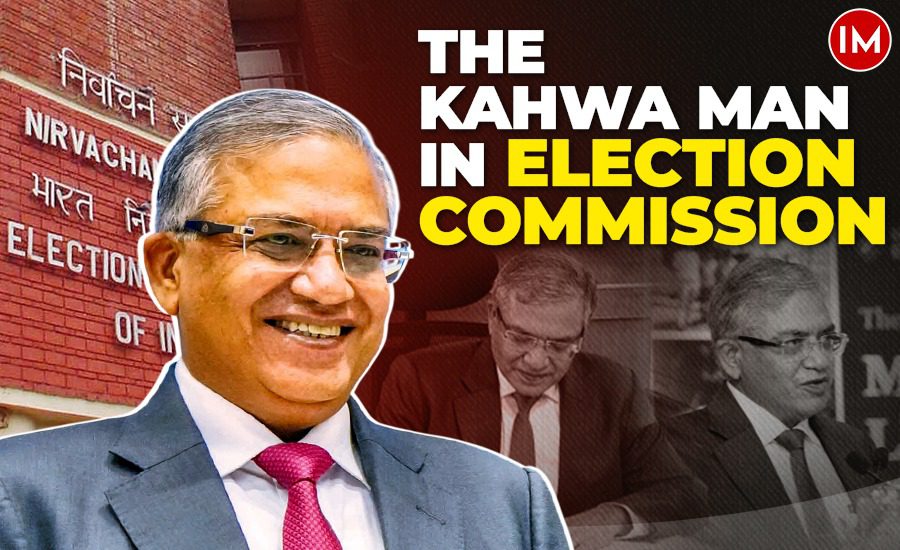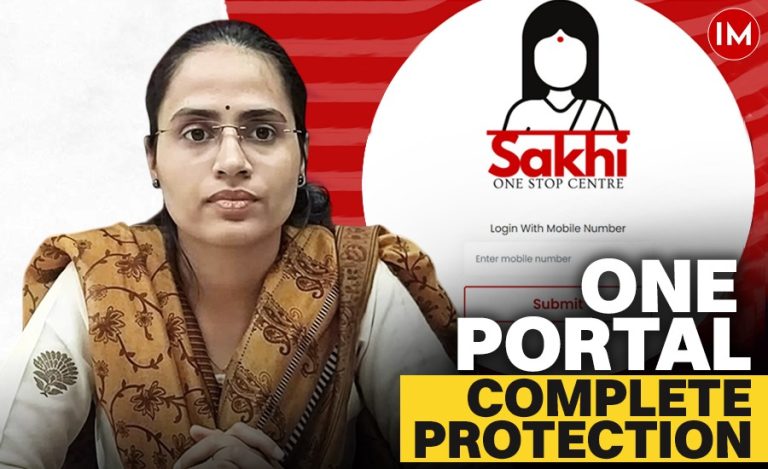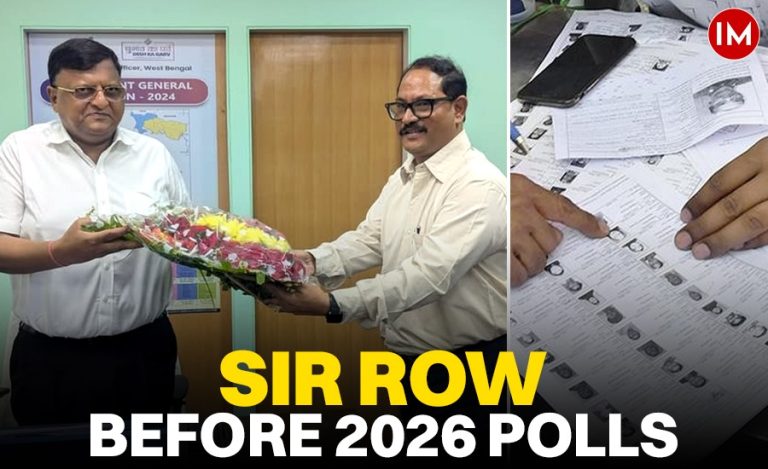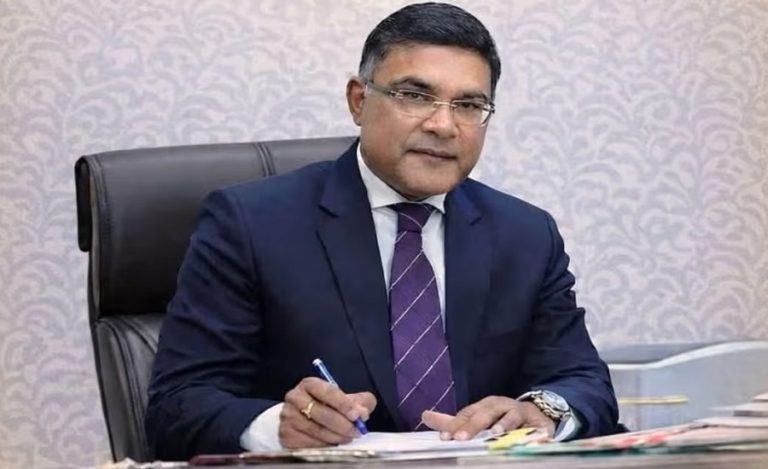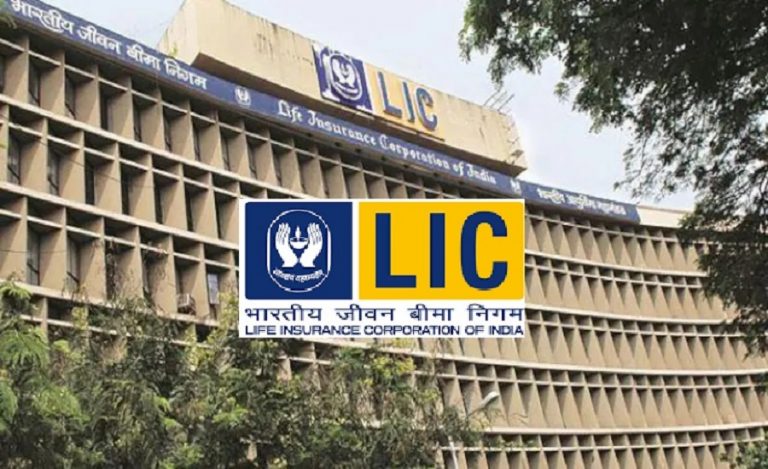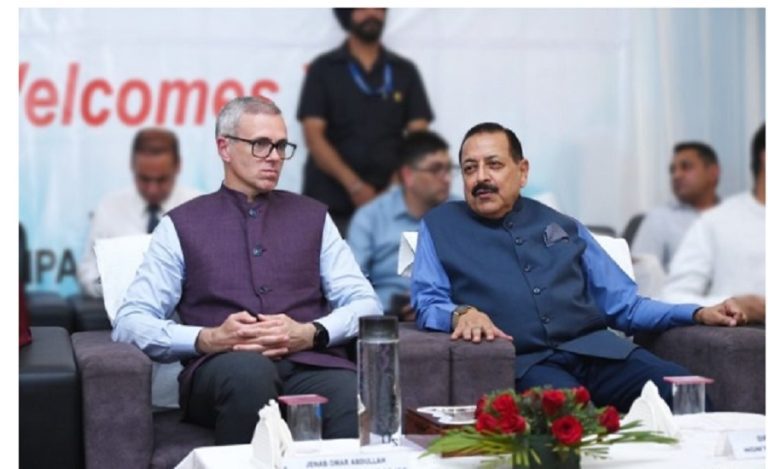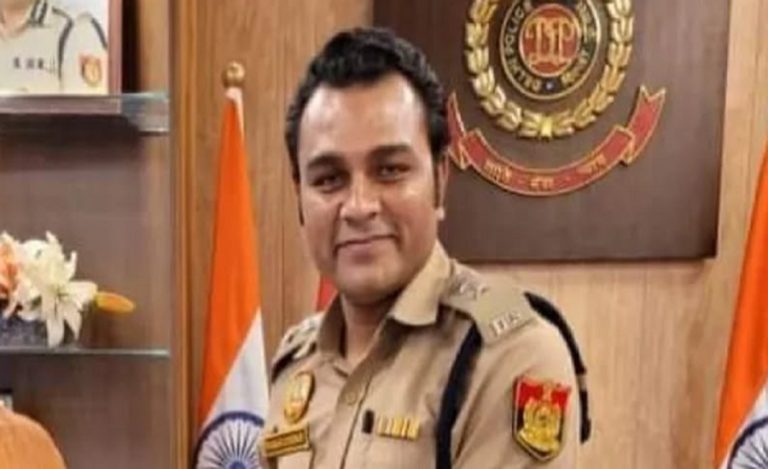In the corridors of North Bloc of New Delhi Delhi’s Central Secretariate, housing Union Home Ministry, where serious deliberations shape the nation’s future, a warm cup of Kashmiri Kahwa often signalled a moment of respite. The fragrance of Kahwa between 2015 and 2020 used to emanate from the office of then Additional Secretary Mr. Gyanesh Kumar. Little did snoopy journalists ever realise that along with Kahwa, Mr. Kumar was brewing a new law paving way for abrogation of Article 370 of the Constitution, splitting Jammu and Kashmir into two Union Territories – Ladakh and Jammu & Kashmir on August 5, 2019.
Known for his welcoming nature, he always greeted journalists with an infectious smile. Many arrived hoping for exclusive stories, but while major scoops were rare, they were always treated to the finest Kashmiri ‘Kahwa.’ This earned him the nickname ‘Kahwa Man’ among scribes in the North Block.
HOME MINISTRY WIZARD
On February 18, 2025, as Mr Kumar stepped into the role of Chief Election Commissioner (CEC), the 61-year-old bureaucrat brought with him decades of experience, a reputation for precision, and a history of handling some of India’s most sensitive political transitions. Those knowing him closely aver that he is so hardworking that while working on Article 370, he would not return home for days at end.
During his stint in the Home Ministry Mr Gyanesh Kumar, a native of Agra in Uttar Pradesh, worked on various other important projects besides Kashmir. These included bring in the Citizenship Amendment Act (CAA), communal riots in Delhi in February 2020, scrapping of Triple Talaq and tackling volatile situation in the North East, especially Manipur.
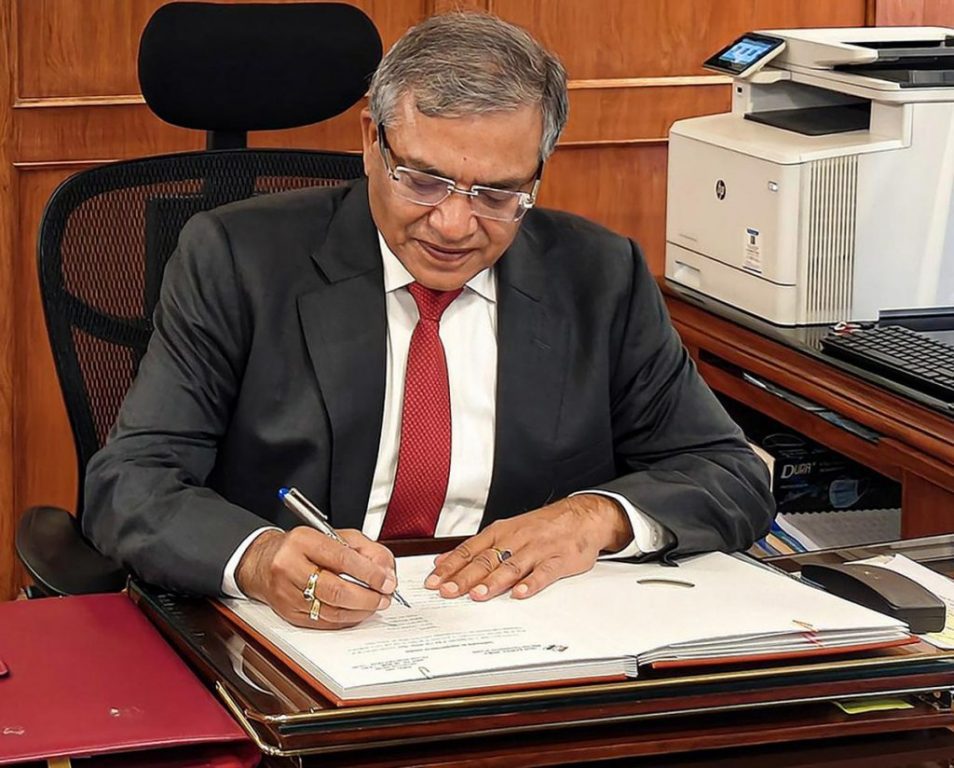
TO CONDUCT 20 POLLS
As the 26th Chief Election Commissioner, Mr. Kumar will helm the office of CEC till January 26, 2029 – the day he attains 65 years of age. By that time, he would be conducting over 20 major elections, including the Bihar Assembly polls later this year, Assembly elections in Kerala, Puducherry, Tamil Nadu, and West Bengal in 2026, the elections for President and Vice-President in 2027, and supervising preparation for the 2029 Lok Sabha elections.
Notably, he is the first CEC to be appointed under the new law governing Election Commission appointments – by a committee comprising The Prime Minister, Narendra Modi, Home Minister Amit Shah and Leader of Opposition Rahul Gandhi. Though Mr Gandhi introduced a dissent note in view of a pending Public Interest Litigation filed by Association of Democratic Reforms (ADR) in Supreme Court, challenging CEC’s selection process, the government went ahead and notified Mr Kumar’s appointment since court had not barred/stopped the selection process.
AYODHYA TEMPLE TRUST
If one thought that abrogation of Article 370 was Mr Kumar’s sole claim to fame, he is completely off the mark. Mr Gyanesh Kumar’s tenure in the Union Ministry of Home Affairs saw him deeply involved in pivotal national issues, including legal and administrative aspects of the Ram Temple case in Ayodhya.
He played a crucial role in constitution the Shri Ram Janmabhoomi Teerth Kshetra Trust, which now oversees the Ram Temple’s construction in Ayodhya. His ability to navigate complex legal and policy frameworks has made him a trusted hand in the government’s decision-making processes.
FIRST COOPERATIVE SECRETARY
A 1988-batch IAS officer of the Kerala cadre, Kumar has held several critical positions in both the state and central governments. Before joining the Election Commission as a commissioner last year, he served as the first Secretary of the Ministry of Cooperatives, marking the second ministry he worked under Union Home Minister Amit Shah.
During his tenure as Cooperative Secretary, the Multi-State Cooperative Societies (MSCS) (Amendment) Act, 2023, was passed with the aim of increasing transparency and accountability in the cooperatives sector.
ACADEMIC PROWESS
An alumnus of the (IIT) Kanpur with a B.Tech. in Civil Engineering, Kumar furthered his education in Business Finance from the Institute of Chartered Financial Analysts of India (CFAI) and Environmental Economics from Harvard University. His diverse academic background has equipped him with a unique blend of technical, financial, and environmental expertise, making him an effective and adaptable administrator.
PREVIOUS ROLES
This is Mr. Kumar’s second stint at the Centre. In the first stint he joined as Private Secretary to Union Minister of State for Non-convention Energy Resources. Then after change of government, he joined the Union Tourism ministry as Under Secretary before moving again as Private Secretary to Union Minister of State for Tourism and then proceeding on to join the Urban Development Ministry as Housing Commissioner, a post he held from July 1, 1997 to March 31, 2000 – under the mercurial lawyer-turned-politician, Mr Ram Jethmalani in Atal Behari Vajpayee Government .
His second stint at the Centre started as Joint Secretary (Defence Production) in the Ministry of Defence from 2007 to 2012. He was shifted as Resident Commissioner, Kerala in New Delhi where he served for next four years. He was inducted into Union Home Ministry in 2016 as Joint Secretary when the ministry was helmed by Mr Raj Nath Singh. In 2019 he was elevated as Additional Secretary in the same ministry, which was headed by Mr Amit Shah post 2019 Lok Sabha elections. This is when he handled important assignments like constitution of Ram Temple Trust, abrogation of Article 370 and scrapping of Triple Talaq.
On May 1, 2021, he joined as Secretary in the Ministry of Parliamentary Affairs, and on May 2, 2022 as Secretary in the Ministry of Cooperation. Before his tenure in the Government of India, he held significant positions in the Kerala government, including District Collector of Ernakulam, Secretary of Goshree Islands Development Authority, and Managing Director of Kerala State Cooperative Bank.
Leading India’s Electoral Future
With a career built on meticulous governance and strategic decision-making, Mr. Gyanesh Kumar is set to play a pivotal role in shaping India’s democratic process. As he transitions from his bureaucratic responsibilities to leading the Election Commission, the ‘Kahwa Man’ of North Block now faces his most public role yet—ensuring the smooth conduct of the world’s largest democratic exercise.

